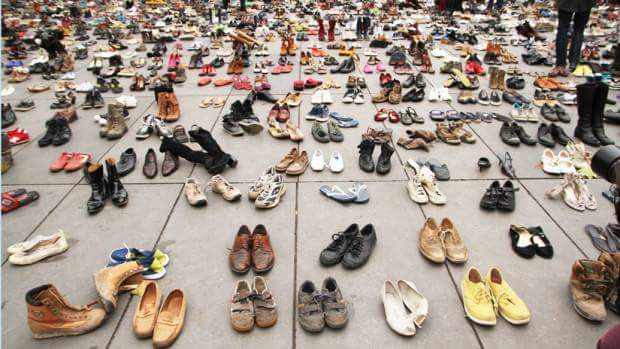25 to 50% of people with bipolar suicide make at least one suicide attempt in their life. That is one of the most startling and alarming statistics I have ever seen anywhere. When the first Hopeworks meeting was held many of those at the meeting talked about the close calls they had. Many of them had times in the past where getting from the beginning of the day to the end of the day was a great achievement.
Because of this Hopeworks has decided to be proactive on this issue. One of first speakers Dr. Brent Coyle (medical director- Blount Memorial HospitaL) talked at length about the problem. He talked about risks, warning signs and what you could do to help deal with the issue. One group member who was struggling real hard described the presentation in this way, “…what I needed, when I needed it.”
Hopeworks has networked with a couple of organizations that deal directly with the issue. We are members first of all of the East Tennessee Suicide Prevention Network. We meet with other programs and providers on a monthly basis in an effort to deal with the issue for those in crisis in this area.
Secondly we are involved on a local basis with the Blount County Emotional Health Awareness and Suicide Prevention Coalition. This is a coalition of people from literally every corner of Blount County including hospital, law enforcement, government, social service, treatment programs, advocacy groups and local newspaper that meet on a montly basis to plan and implement concrete initiatives in this community. It is an incredibly effective group and a real strength of Blount County.
Finally we are also involved with SPANUSA (Suicide Prevention Action Network of United States). Spanusa is a national organization that helps to advocate on all levels for public policy to aid the cause of suicide prevention and other mental health issues. It is also availible to do training and educational presentations on a local level. I (Larry) have recently been named as the field liaison for the second congressional district in Tennessee.
What can you do?
The information that follows is from the DBSA/SPANUSA pamphlet titled “Suicide prevention and Mood Disorders.” Refer to the full pamphlet for further information.
If you are feeling suicidal:
-
Tell someone. Find somebody that you think you can trust. Isolation kills. Tell someone.
-
Get professional help. Suicidal thoughts are a sure sign that you need professional help. And you can be helped.
-
Know that you can get through this. Promise yourself you will hold on a little longer. Another minute, another hour, another day—- however long it takes — hang on.
-
Recognize symptoms for what they are. Feelings are not facts. Know they are expressions of your disorder and do not need to be taken as anything else other than that.
-
Write down your thoughts. It really helps. Somehow it gives you some distance and perspective and gives you the ability to see things with a perspective you might not not otherwise be able to find.
-
Connect socially with other people. Do not stay alone.
-
Avoid drugs and alcohol. You don’t need to be more impulsive.
-
Keep yourself safe. Stay away from lethal things.
-
Give yourself time to get better. This too will pass. Give it time.
-
Go to the hospital when you need to .
To help someone else:
-
Take the person seriously.
-
Express understanding and concern.
-
Involve other people. Don’t try to do it all yourself.
-
Describe specific behaviors and events that worry you.
-
Stress that the person’s life is important.
-
Never promise confidentiality.
-
Don’t leave the person alone.
These are just a few things that might help. Read further. Learn more. Stay safe and keep those around you safe.
